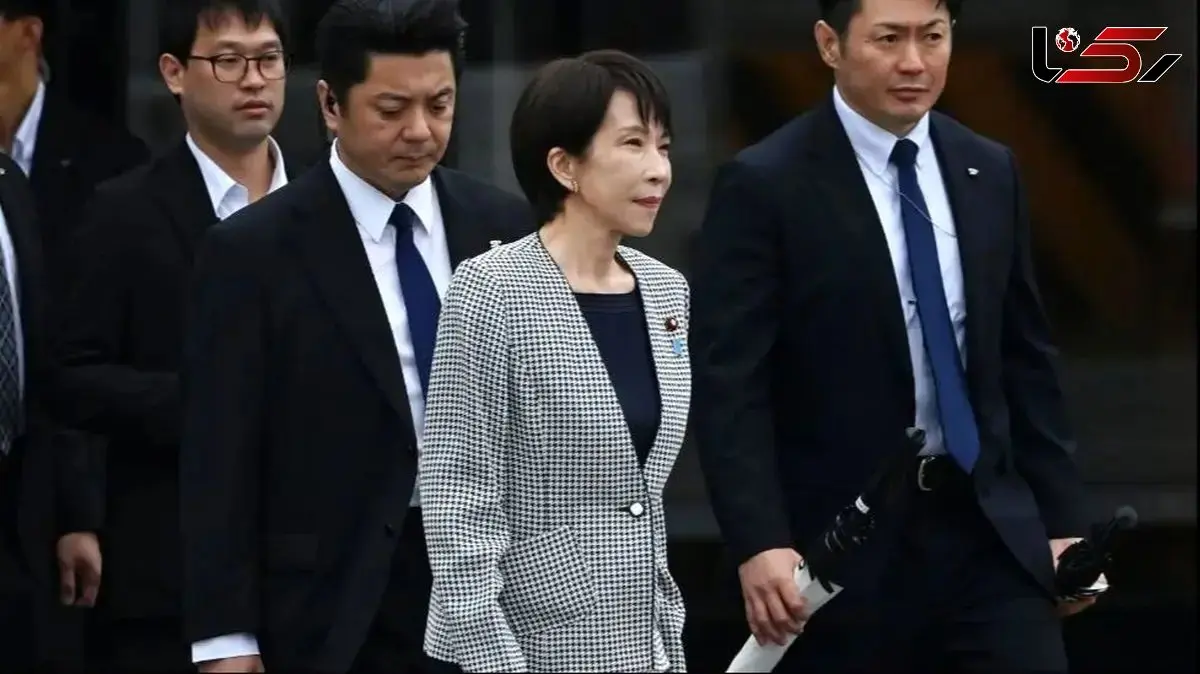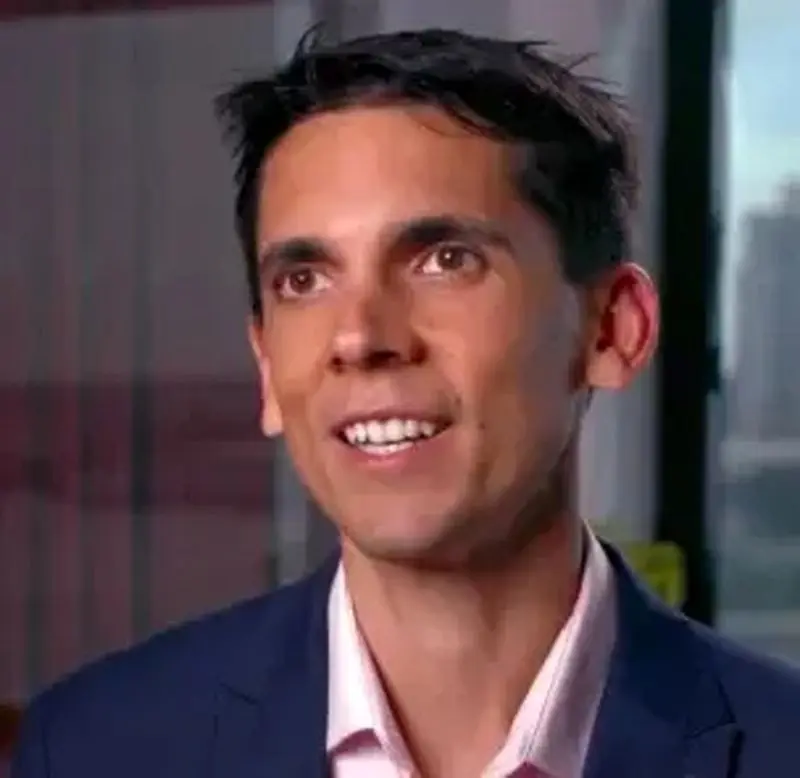Can Abe’s Legacy Be the Key to Japan’s Influence in the White House?
Tokyo’s Big Puzzle: Is the Japanese Capital Ready to Resolve a Complex Crisis?
Rokna Political Desk: Sanae Takaichi, Japan’s first female prime minister, is seeking to establish a strategic relationship with Donald Trump to strengthen the Washington–Tokyo security alliance and counter China’s influence; however, the potential closeness between Trump and Xi Jinping could pose a new challenge to her regional policy agenda.

Javier C. Hernandez, New York Times Bureau Chief in Tokyo
According to Rokna, citing the New York Times, Sanae Takaichi, the first woman to assume Japan’s premiership, has not yet had the opportunity to meet Donald Trump. She neither enjoys golf, a sport favored by the U.S. president, nor shares his taste for hamburgers. Nevertheless, ahead of Trump’s official visit to Tokyo on Monday, Takaichi holds a card that could steer bilateral relations onto a new path: the political and emotional legacy of the late Prime Minister Shinzo Abe. Abe, who was assassinated in 2022, was not only Takaichi’s political mentor but also a bridge between Washington and Tokyo during Trump’s turbulent tenure. He was one of the few global leaders capable of winning Trump’s personal trust and establishing an exceptional, personal rapport with him.
According to Mira Rapp-Hooper, senior analyst at the Asia Group, Takaichi is leveraging Abe’s political legacy to present herself as a loyal and trustworthy figure for Donald Trump—“a woman he can rely on in Asia.” She is now striving to encourage Trump to restore the longstanding security alliance between Washington and Tokyo and to expand bilateral cooperation against China’s growing influence in Asia. Takaichi also aims to emphasize Japan’s oversight role over a massive $550 billion fund set to be invested in the United States, strengthening her country’s position in regional economic and security calculations.
Takaichi’s Golden Opportunity to Revive U.S.-Japan Relations in Abe’s Shadow
Trump continues to seek influence over decisions regarding the allocation of Japanese capital in the United States. He is expected to urge Takaichi to accelerate the increase of Japan’s defense budget, even though Tokyo had already announced plans to double its military spending. Takaichi, known as a conservative and determined politician, is regarded by many observers as Japan’s best hope for establishing a constructive relationship with Trump and managing his unpredictable approach.
According to Shinsuke J. Sugiyama, former Japanese ambassador to Washington, Takaichi—who had Abe’s support during her unsuccessful party leadership bid in 2021—now holds a “golden opportunity” to redefine Tokyo–Washington relations. Sugiyama noted that Takaichi has carefully studied how Abe interacted with Trump and has learned valuable lessons from that experience. He believes that if Takaichi and Trump discuss Abe’s role and legacy, it is unlikely they will clash on any major issue.
Following Abe’s Path: Ceremonial Diplomacy and Tokyo’s New Challenge with Beijing
During his tenure, Shinzo Abe was recognized as a master of managing relations with Donald Trump. When Trump visited Japan, Abe welcomed him with unprecedented ceremony, took him to watch sumo wrestling, and became the first foreign leader to facilitate a meeting between Trump and Japan’s newly crowned emperor. Now, several years later, Trump returns to Tokyo: on Monday, he will meet Emperor Naruhito, and on Tuesday, he will have lunch with Japan’s new prime minister, Sanae Takaichi, at Akasaka Palace. He will also deliver a speech to over fifty thousand U.S. troops stationed in Japan at a nearby naval base.
Like her political mentor Abe, Takaichi believes that after decades of pacifism, Japan must free itself from military restrictions and play a more active role in global security matters. She is moving swiftly to demonstrate loyalty to Trump, a president who has consistently urged U.S. allies to increase defense spending. On Friday, Takaichi announced that Japan will allocate two percent of its GDP to defense by next spring.
Tokyo’s Concerns over a Possible U.S.-China Rapprochement
Trump’s isolationist legacy toward U.S. allies continues to cast a long shadow over Japan’s foreign policy. Facing increasing threats from China, North Korea, and Russia, Tokyo is seeking renewed assurance of Washington’s steadfast support. In her upcoming meeting with Trump, Takaichi intends to prioritize the issue of China’s extensive militarization in the South China Sea. She is a strong supporter of Taiwan and met with the island’s president last spring to underscore the importance of strengthened security cooperation. Meanwhile, signs of cooling relations between Beijing and Tokyo have emerged: Xi Jinping did not publicly congratulate Takaichi after her election victory, signaling fresh challenges in East Asian relations, particularly between the two regional rivals.
Jeffrey W. Hornung, a senior Japan expert at the Rand Corporation in Washington, notes that Takaichi’s upcoming meeting with Trump will focus on ensuring the continuation of U.S. commitment to Taiwan’s security. He explains, “Japanese officials want to understand what the U.S. strategy in the Indo-Pacific truly entails and how far Washington is willing to stand up to China.”
On the economic front, a trade agreement between Japan and the United States is high on Trump’s agenda. In July, Japan agreed to a 15 percent tariff on its exports in exchange for channeling $550 billion into the U.S. economy—a rate softer than Washington’s initial threat. The two sides are now negotiating how to allocate these funds through investments, loans, and financial guarantees.
Beyond economic matters, Takaichi is striving to build a lasting and personal relationship with Trump, following the style of Shinzo Abe, who forged an unprecedented personal bond with the controversial U.S. president. She hopes that by following the same model, Japan can secure its position in U.S. policy and amplify Tokyo’s voice in Washington’s decision-making.
However, these efforts are shadowed by concern. Some analysts warn that if Trump and Xi Jinping grow too close, Japan could face a difficult situation. The two leaders are scheduled to meet later this week in South Korea. Mira Rapp-Hooper, a former Biden administration official, notes: “Takaichi’s greatest concern is likely that the Trump-Xi meeting goes too well. If U.S.-China relations improve in an unprecedented way, Tokyo will face a complex puzzle: how to engage with China while the U.S. is charting a new course.”

Send Comments